Labor Party leader becomes the first Australian prime minister to win a second consecutive three-year term in two decades.
Anthony Albanese has become the first Australian prime minister in 20 years to win a second straight three-year term, marking a dramatic return to power for the Labor Party in an election heavily shaped by economic concerns.
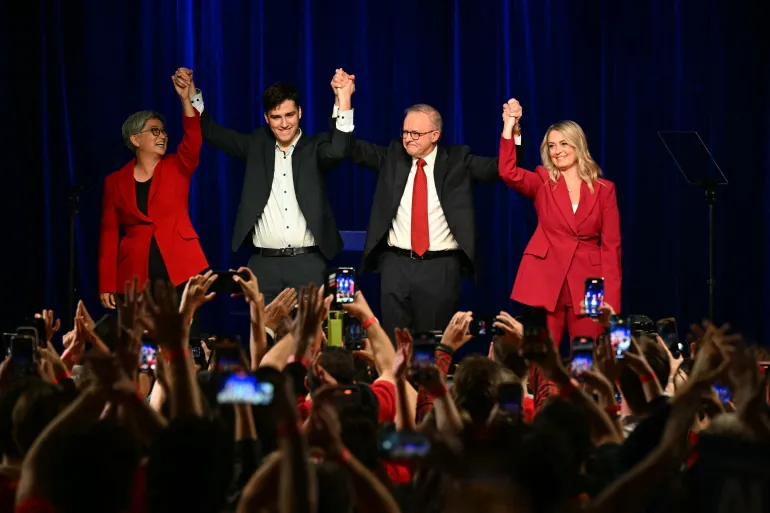
On Saturday, early results indicated Labor was heading toward a larger-than-expected majority in Parliament. Opposition leader Peter Dutton, head of the conservative Liberal Party, conceded defeat after also losing his seat. In his victory address, the centre-left Albanese committed to guiding Australia through turbulent global times.
“Australians have decided to tackle global challenges in our own way—by supporting one another and preparing for the future,” he said to supporters gathered in Sydney.
While final Senate results were pending, Labor looked likely to gain seats. However, the party may still require backing from minor groups like the Greens or independents to advance legislation.
“We don’t need to imitate others or look abroad for guidance,” Albanese added. “Our strength comes from our values and our people.”
According to the ABC, Labor was projected to win 85 seats in the House of Representatives, comfortably exceeding the 76 needed for a majority. Albanese said voters had chosen to support what he called “core Australian values.”
“Fairness, ambition, and opportunity for everyone,” he declared to thunderous applause. “In these uncertain global times, Australians have chosen hope and resilience.”
Peter Dutton, conceding defeat, took full responsibility for the Liberal Party’s poor performance on what he described as a “historic moment” for the opposition. Dutton also lost his Dickson seat to Labor’s Ali France—a former journalist and advocate for people with disabilities—who ran on a platform focused on lowering living costs, affordable medicines, and increased investment in public health and education.
Liberal Senator James Paterson suggested that “the Trump factor” had influenced Australian voters, referencing the polarising presence of U.S. President Donald Trump.
Trump’s economic policies, particularly around tariffs, cast a shadow over the six-week campaign and drew global attention to whether such issues would sway voters. In the previous 2022 election, Labor had won 77 out of 151 House seats, forming a majority government.


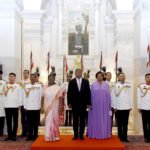








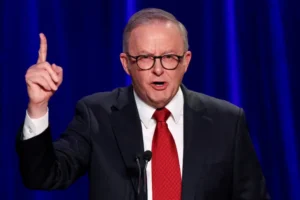
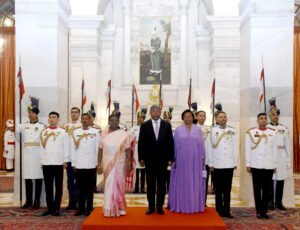

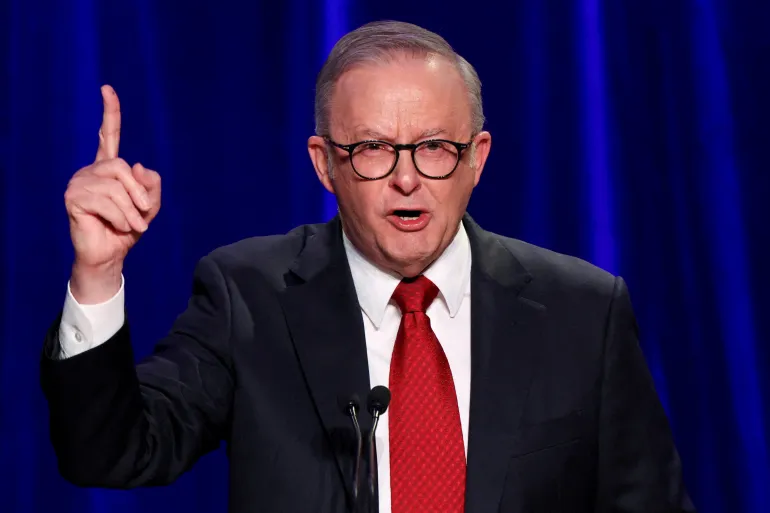


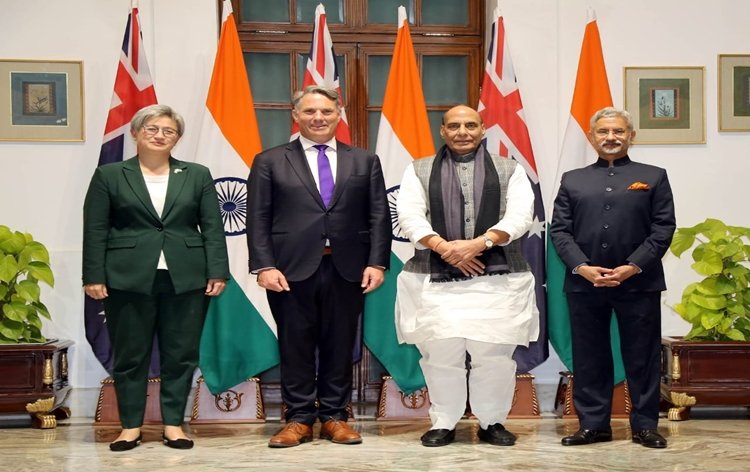

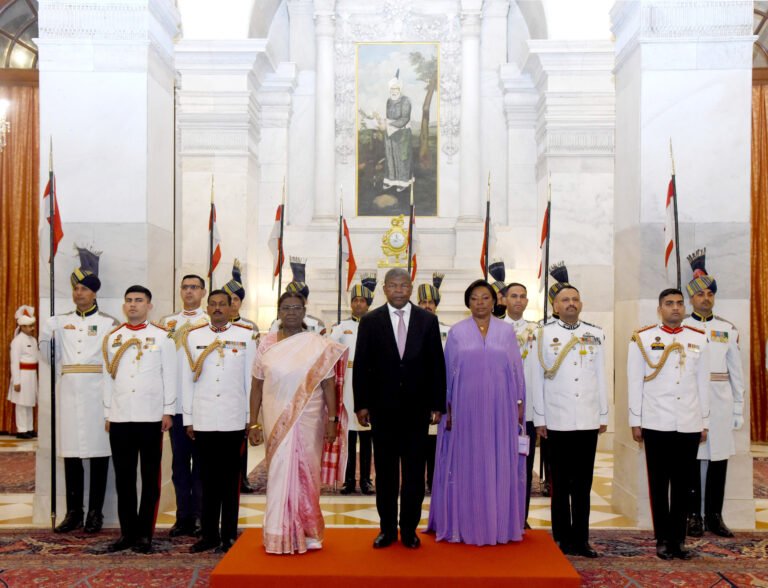
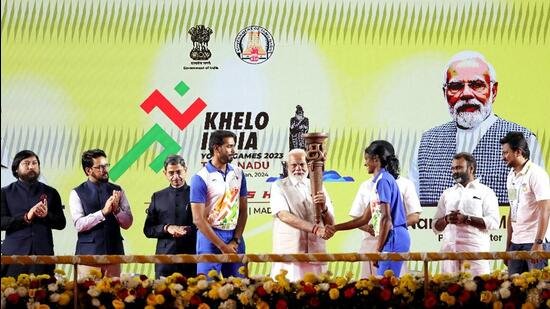
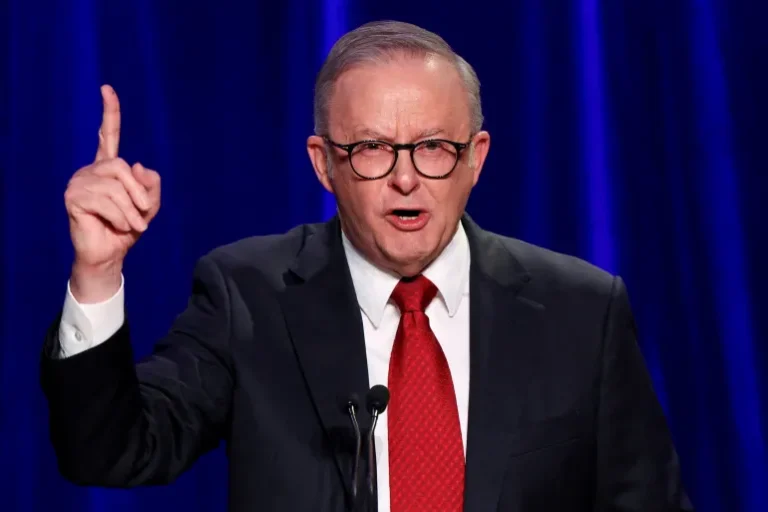



+ There are no comments
Add yours